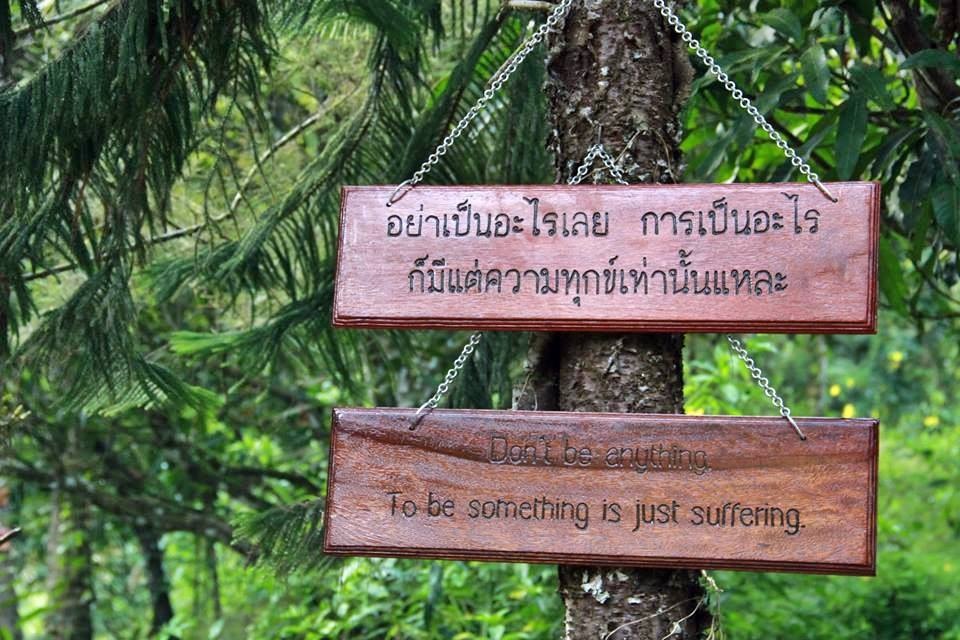The Buddha said that all of his teachings, traditionally numbered as 84,000, could be reduced to just two: dukkha and the end of dukkha.
Suffering, in its sense of physical or mental distress, is only the coarsest expression of dukkha.
The relationship between the English word “suffering” and the Pāli concept of dukkha is comparable to that between bright red and color.
Dukkha could also be translated as a chronic sense of lack, or a flaw or incompleteness of experience.
In this sense, dukkha is experience seen as “not-Nibbāna”.
For this reason, the most subtle and sublime mental states are still considered to lie within the realm of dukkha, because as they are conditioned phenomena, attachment to them can-not provide lasting peace.
Put most simply, dukkha might be expressed as “a lack of true happiness”.
The Buddha taught the path towards the cessation of suffering, but emphasized that freedom from suffering was only possible by
facing up to it and fully comprehending its nature. In the First Noble Truth, the Buddha says that the life of the ordinary unenlightened being
is characterized by dukkha due to the cravings that accompany ignorance of the way things are.
from without and within by Ajahn Jayasaro
 https://th-th.facebook.com/jayasaro.panyaprateep.org
https://th-th.facebook.com/jayasaro.panyaprateep.org 

But isn’t Buddhism all about suffering?
Suffering, in its sense of physical or mental distress, is only the coarsest expression of dukkha.
The relationship between the English word “suffering” and the Pāli concept of dukkha is comparable to that between bright red and color.
Dukkha could also be translated as a chronic sense of lack, or a flaw or incompleteness of experience.
In this sense, dukkha is experience seen as “not-Nibbāna”.
For this reason, the most subtle and sublime mental states are still considered to lie within the realm of dukkha, because as they are conditioned phenomena, attachment to them can-not provide lasting peace.
Put most simply, dukkha might be expressed as “a lack of true happiness”.
The Buddha taught the path towards the cessation of suffering, but emphasized that freedom from suffering was only possible by
facing up to it and fully comprehending its nature. In the First Noble Truth, the Buddha says that the life of the ordinary unenlightened being
is characterized by dukkha due to the cravings that accompany ignorance of the way things are.
from without and within by Ajahn Jayasaro
https://th-th.facebook.com/jayasaro.panyaprateep.org